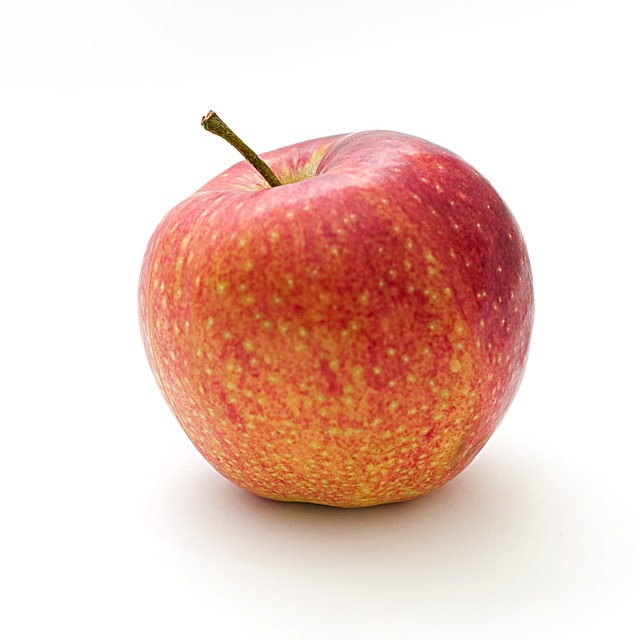Probiotics are a type of living microorganisms that are found in certain foods and supplements, and have received a lot of attention over the last few years. They are often referred to as the “friendly” or “good” bacteria because they help to keep our gut healthy and promote overall wellbeing.
What are Probiotics?
Probiotics are live microorganisms, such as bacteria and yeasts, that are good for our health, especially our digestive system. These microorganisms can provide several health benefits when taken in adequate amounts.
Our bodies contain trillions of microorganisms, some of which are beneficial and others which can be harmful. Probiotics are the beneficial kind that help keep the harmful bacteria in check, and they reside in our gut microbiome.
How Do Probiotics Work?
Probiotics provide health benefits by improving the balance of microorganisms in our gut. They help to keep the harmful bacteria in check and maintain a healthy balance of the different types of bacteria.
When we consume probiotics, they pass through our digestive system and settle in the gut, where they compete with the harmful bacteria for resources. By doing so, they can prevent the harmful bacteria from growing out of control and causing health problems such as diarrhea, constipation, and bloating.
Probiotics have also been shown to improve the immune system by stimulating the production of white blood cells. These help to fight off infections and diseases in the body.
The Science Behind Probiotics
There is a growing body of research on the health benefits of probiotics. Scientists have been studying how they work and how they can be used to improve health.
A recent study published in the journal PLOS ONE found that taking probiotics can help to reduce depressive behaviors in mice. The study showed that the mice that were given probiotics had lower levels of stress hormones and were less likely to exhibit depressive behaviors compared to the mice that were not given probiotics.
Another study published in the journal Frontiers in Psychology found that probiotics can help to improve cognitive function in humans. The study showed that participants who took probiotics for 12 weeks had improved memory, attention, and brain function compared to those who did not take probiotics.
Other research has shown that probiotics can help to reduce inflammation in the body, improve heart health, and even aid in weight loss.
Sources of Probiotics
Probiotics can be found in certain foods and supplements. Some of the best sources of probiotics include:
- Yogurt: Yogurt is one of the most well-known sources of probiotics. It contains live and active cultures of bacteria that can help to improve gut health.
- Kefir: Kefir is a fermented milk drink that contains several strains of beneficial bacteria and yeasts. It has a tart taste and can be a great alternative to yogurt for those who are lactose intolerant.
- Sauerkraut: Sauerkraut is a type of fermented cabbage that contains several strains of beneficial bacteria. It is also a good source of fiber and vitamin C.
- Miso: Miso is a traditional Japanese seasoning made from fermented soybeans. It contains several strains of beneficial bacteria and is a good source of protein.
- Kombucha: Kombucha is a fermented tea drink that contains several strains of beneficial bacteria and yeasts. It has a slightly sweet and sour taste and is known for its health benefits.
- Probiotic supplements: Probiotic supplements are also available in the form of capsules, tablets, and powders. They contain concentrated amounts of beneficial bacteria and can be a convenient way to get probiotics into your diet.
Conclusion
Probiotics are a type of living microorganisms that can provide several health benefits, especially for our digestive system. They work by improving the balance of microorganisms in our gut, which can help to prevent health problems such as diarrhea, constipation, and bloating.
There is a growing body of research on the benefits of probiotics, including their ability to reduce depression, improve cognitive function, reduce inflammation, and improve heart health.
Probiotics can be found in certain foods and supplements, such as yogurt, kefir, sauerkraut, miso, kombucha, and probiotic supplements. Adding these to your diet can be an easy way to improve your gut health and overall wellbeing.







